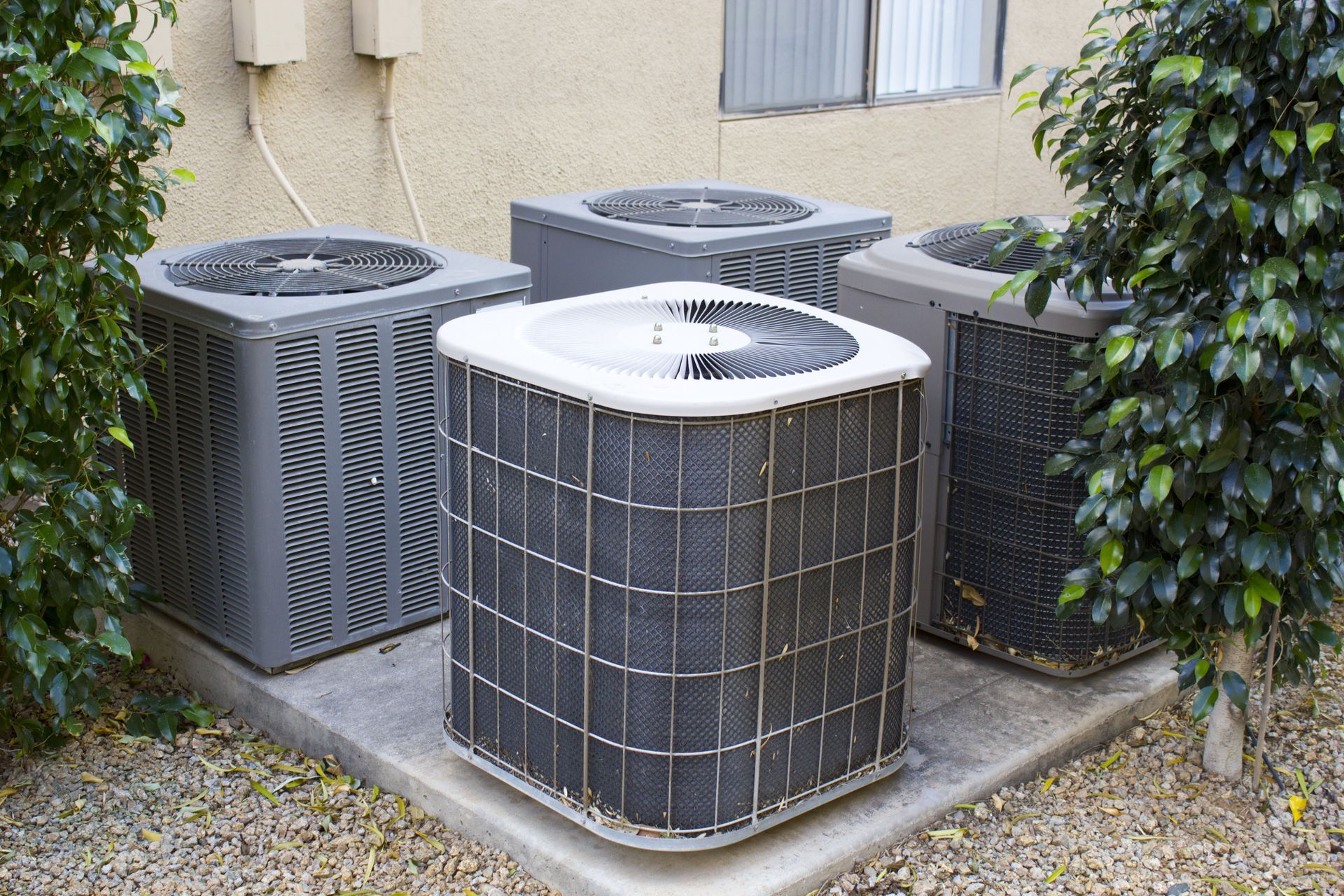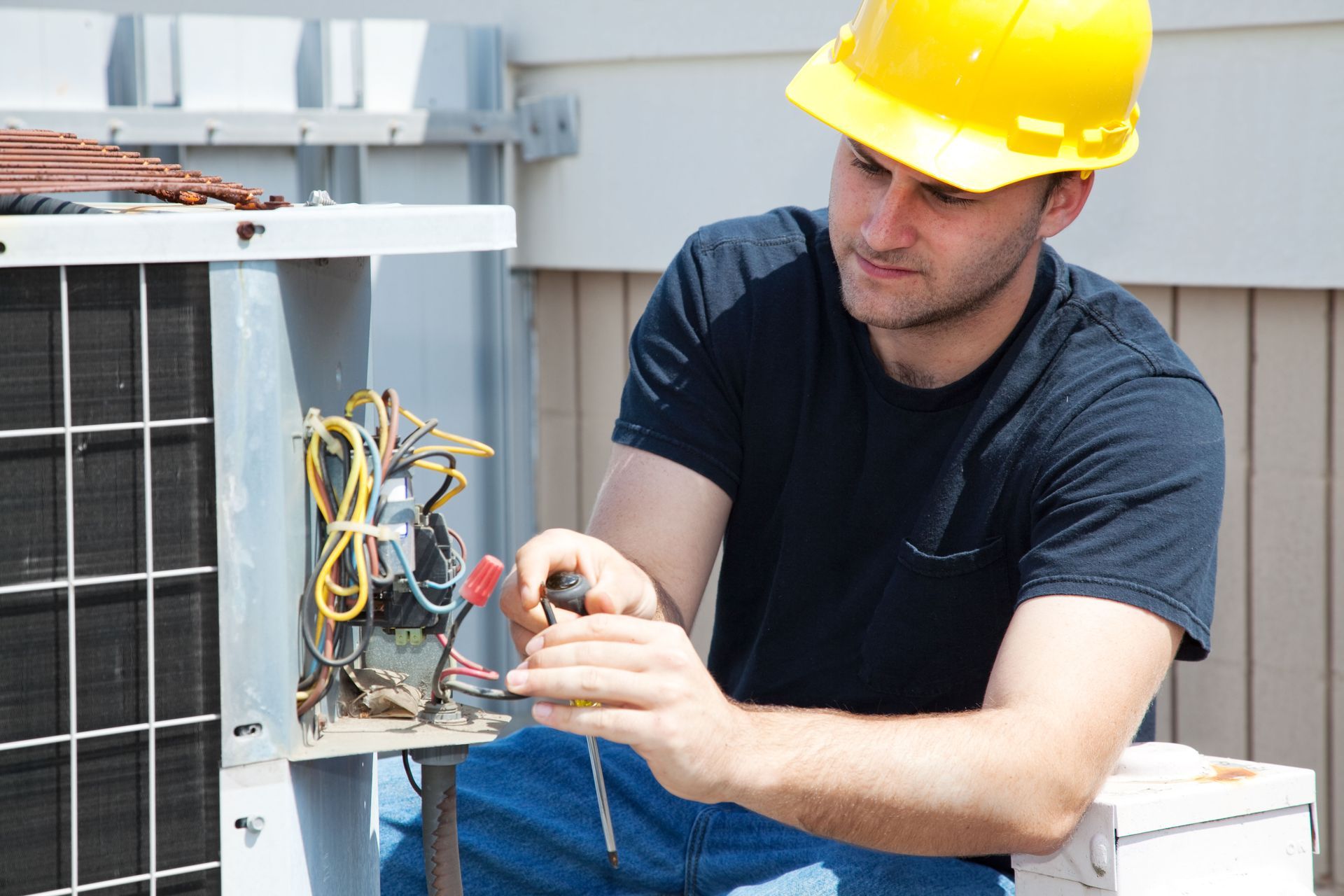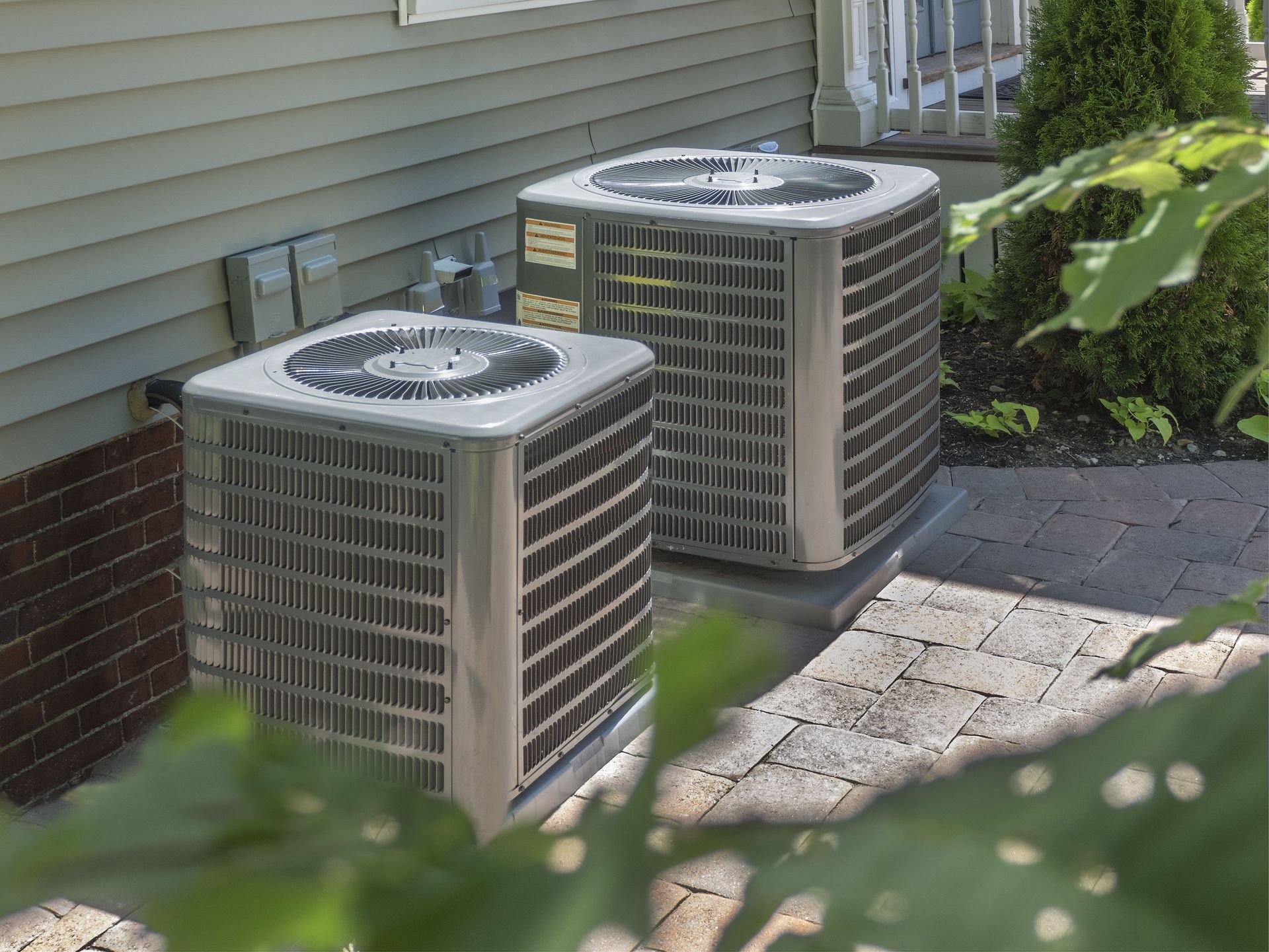How to Improve Your AC's Energy Efficiency
In today's world, energy efficiency is a critical consideration for homeowners, especially when it comes to air conditioning systems. Improving the energy efficiency of your AC unit not only helps reduce electricity bills but also minimizes environmental impact. This article provides comprehensive strategies to enhance your AC's performance, ensuring optimal comfort and cost savings through professional AC services.
Maintaining Your AC Unit for Maximum Efficiency
Regular maintenance and servicing are crucial to keeping your AC unit operating at maximum efficiency. Scheduled maintenance checks are essential for identifying potential issues before they become costly repairs. Ensuring that your air conditioning unit is serviced by a professional at least once a year can prevent unforeseen breakdowns, thereby extending the lifespan of your system. According to HomeGuide, a well-maintained air conditioner generally lasts 12 to 15 years. By keeping your AC in optimal condition with expert AC services, you not only save on energy costs but also reduce the environmental impact. Regularly maintained AC units tend to operate more quietly, providing a more comfortable indoor environment.
Cleaning and Replacing Air Filters
Cleaning or replacing air filters is one of the simplest yet most effective maintenance tasks. Dirty or clogged air filters can significantly reduce the airflow, causing the system to work harder and consume more energy. Depending on usage and the environment, filters should be checked monthly and replaced every three months or sooner if they appear dirty. Reliable AC services include thorough filter inspections and replacements to maintain efficiency.
Checking Refrigerant Levels and Thermostat Accuracy
Inspecting refrigerant levels is another important aspect of routine AC maintenance. Low refrigerant levels can cause your system to work ineffectively, leading to higher energy consumption and poor cooling performance. It is essential to have a professional check and refill refrigerant levels as needed to ensure that your system runs efficiently. Ensuring proper thermostat functionality can also contribute to more efficient cooling. Inconsistent temperature readings could indicate a faulty thermostat, which should be calibrated or replaced to prevent increased energy usage. Ac services providers typically handle these checks during scheduled visits.
Upgrading to a Programmable Thermostat
Using Smart Thermostats to Save Energy
Upgrading to a programmable or smart thermostat is an effective way to enhance your AC's energy efficiency. Smart thermostats allow for more precise temperature control, ensuring that your home remains comfortable while minimizing energy use. The benefits of smart thermostats include learning your schedule and adjusting temperatures automatically, which can result in substantial energy savings over time. By maintaining desired temperatures more efficiently, these devices help to reduce the workload on your AC unit. Additionally, many smart thermostats provide detailed energy reports, giving you insights into your energy consumption patterns. AC services often include thermostat upgrades as part of efficiency improvements.
Setting Customized Temperature Schedules
Setting customized temperature schedules tailored to your daily routine can help manage energy consumption. For example, you can program your thermostat to reduce cooling during the hours when your home is unoccupied or while you are asleep. Taking advantage of such features helps optimize energy use, reducing costs without compromising comfort. Energy-saving modes further enhance this efficiency by automatically adjusting settings during peak energy demand times. The more consistently you use these programmable features, the more significant the energy savings.
Improving Home Insulation
Sealing Windows and Doors to Prevent Air Leaks
Enhancing your home's insulation is a vital step in improving overall energy efficiency and reducing reliance on air conditioning. Insufficient insulation allows cool air to escape and hot air to enter, forcing your AC to work harder. Replacing or sealing windows with energy-efficient alternatives can significantly reduce heat transfer and prevent energy loss. Consider double or triple-glazed windows with low-emissivity coatings to minimize heat entry. Properly sealed windows can lead to noticeable reductions in energy bills while enhancing indoor comfort.
Upgrading Attic and Wall Insulation
Upgrading attic and wall insulation further prevents unwanted heat exchange, leading to better climate control within the home. Insulation materials such as fiberglass, cellulose, or foam boards effectively block heat transference, keeping your home cooler during summer months. By maintaining a stable indoor temperature, your AC doesn’t have to work as hard, thus reducing energy usage. Increased insulation not only benefits summer cooling but also enhances heating efficiency during colder months. A well-insulated home equates to a more consistent and comfortable living environment all year round.
Optimizing Airflow and Ventilation
Keeping Vents and Registers Clear
Optimizing airflow and ventilation in your home ensures that your AC system operates efficiently and effectively. Keeping vents and registers unobstructed allows for the free flow of cool air, which is crucial for maintaining consistent indoor temperatures. Over time, furniture, drapes, and other household items can block airflow, causing your AC to work harder and use more energy. Make it a habit to regularly check and rearrange furnishings to ensure vents are unobstructed. Properly balanced airflow improves comfort and reduces energy costs. Professional AC services include ventilation assessments to maximize efficiency.
Installing and Maintaining Exhaust Fans
Installing ventilation systems, such as exhaust fans, can improve air quality and manage moisture levels, especially in kitchens and bathrooms. Regularly maintaining these systems ensures they operate at peak efficiency. Exhaust fans can help remove warm air from your home, complementing your AC’s efforts. Regular maintenance of these fans prevents issues such as blocked ducts, which can impede efficiency. Investing in whole-house ventilation systems can further promote energy-efficient airflow management.
Investing in a High-Efficiency Air Conditioner
Understanding and Comparing SEER Ratings
Investing in a high-efficiency air conditioner is a long-term strategy to reduce energy consumption and costs. Understanding SEER ratings can help you choose a system that provides the best energy performance. The Seasonal Energy Efficiency Ratio (SEER) measures the cooling output divided by the energy consumed over a typical cooling season. Units with higher SEER ratings consume less energy, leading to lower utility bills. Though they may come with a higher upfront cost, the savings accrued over time can justify the initial investment. Ac services providers can help you select and install the most efficient units for your needs.
Selecting the Right High-Efficiency Model
Comparing different AC models based on efficiency, features, and cost will help in finding the right fit for your home’s needs. Look for units that have earned the Energy Star label, which signifies adherence to strict energy efficiency guidelines. The long-term cost savings associated with high-efficiency units can outweigh any initial premium paid for the system. Calculating these savings over the unit’s lifespan helps in making informed purchasing decisions. A high-efficiency AC is not just a financial investment but a commitment to environmental responsibility.
Utilizing Alternative Cooling Methods
Using Evaporative Coolers for Energy Savings
Considering alternative cooling methods can further enhance your home's energy efficiency while reducing reliance on traditional air conditioning. Evaporative coolers, also known as swamp coolers, offer a cost-effective alternative by using water evaporation to cool the air. These devices work best in dry climates and consume significantly less energy than standard AC units. The benefits of evaporative coolers include reduced environmental impact and lower operational costs, making them an attractive option for energy-conscious homeowners.
Implementing Natural Cooling Solutions
Planting shade trees strategically around your property can provide natural cooling by blocking sunlight and reducing surrounding air temperatures. Trees and vegetation can lower the ambient temperature, lowering the need for heavy air conditioning use. Incorporating cool roofs and walls, which are designed to reflect more sunlight and absorb less heat, can further decrease your home's cooling demands. These methods, combined with efficient use of air conditioning and professional AC services, create a holistic approach to achieving a comfortable and energy-efficient home environment.
By implementing the strategies outlined in this article, homeowners can substantially improve their AC's energy efficiency. Focusing on regular maintenance, upgrading systems, enhancing home insulation, and exploring alternative cooling methods are all effective steps towards achieving greater energy savings and reducing environmental impact. Adopting these practices not only enhances comfort but also contributes to a more sustainable future. For professional guidance and reliable HVAC and AC services, contact Comfort Experts today—let our team help you create a cooler, more energy-efficient home you can feel good about.





Share On: